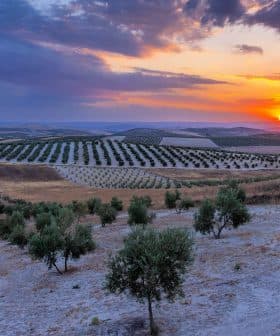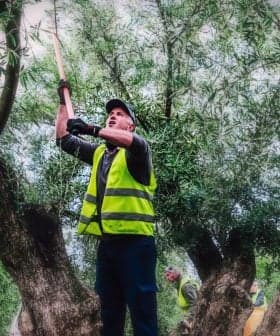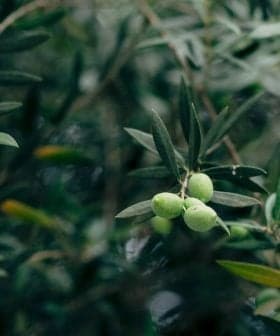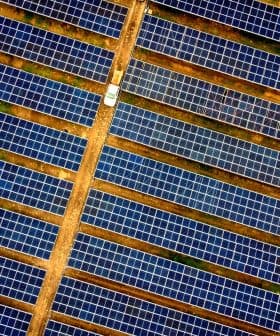Andalusian Ag Minister Pushes for A More Resilient Olive Oil Sector
The Andalusian regional government and olive producers are collaborating to address the challenges of a significant decrease in olive oil production in the region, with yields dropping by 58 – 66 percent. They are also advocating for changes to Spain’s national strategic plan to mitigate the impacts of the Common Agricultural Policy, while also focusing on sustainability, efficiency, and modernization efforts within the olive sector.
The Andalusian regional government and olive producers are working together to mitigate the worst effects of one of the most challenging crop years in history.
The Coordinator of Agriculture and Livestock Organizations (COAG) estimated that olive oil production in Spain’s most significant olive oil-producing region fell by 58 percent compared to the previous season.
See Also:Andalusia Authorities Release Data on 2021/22 SeasonIn Jaén, Andalusia’s most significant olive oil-producing province, the yield dropped by 66 percent.
Along with the consequences of the ongoing drought, nearly every node in the region’s olive oil supply chain faces rising costs and lower margins due to rising olive oil prices.
“The largest producers have the means to withstand such times,” Anthony Old, the chief executive and partner of the award-winning producer Storm, told Olive Oil Times. “For smaller ones, it might be an uphill struggle.”
Farmers are also wary of the impacts of the country’s national strategy to implement the Common Agricultural Policy (CAP), which officials in Andalusia previously warned would reduce the amount of funding available to olive farmers.
“Local farmers are coping with a perfect storm,” Carmen Crespo, Andalusia’s minister of agriculture, water and rural development, told Olive Oil Times.
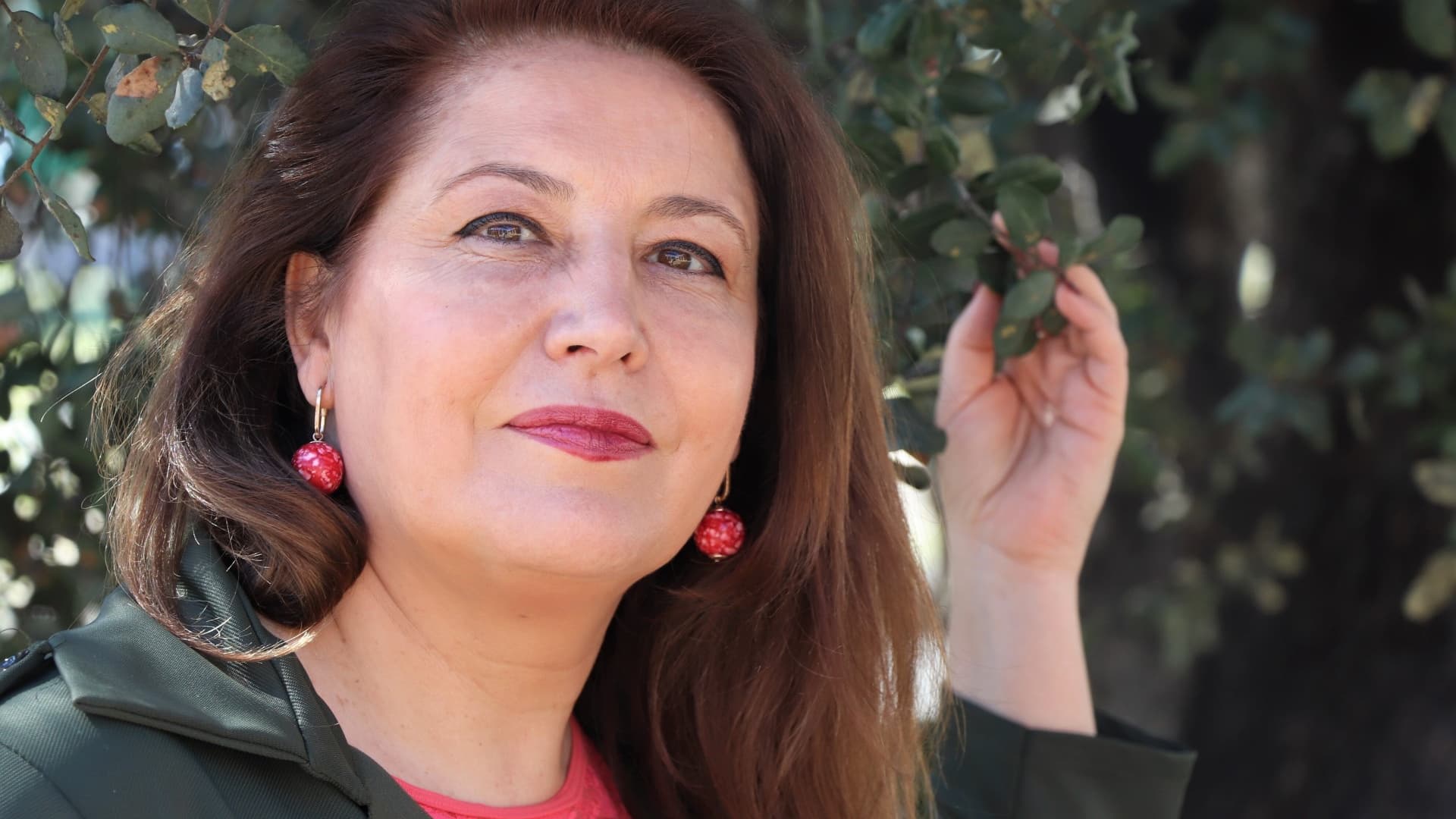
Carmen Crespo
Many in the industry have asked the government to support olive growers and oil producers through these concurrent challenges.
COAG asked for extraordinary funding and an action plan to support the sector after many farmers saw significant income declines due to the exceptionally poor harvest, which has largely been blamed on the country’s unprecedented drought.
Despite a significant decline in national and global consumption, exporters in Spain are struggling to meet their commitments, with imports rising by 26 percent in the first four months of the crop year to meet the shortfall.
In the face of these significant challenges, the Andalusian government, olive growers, agricultural associations and other members of the supply chain have sent a list of changes they would like made to Spain’s national strategic plan to implement the CAP.
“With the new CAP, Andalusia is going to lose at least €500 million when other Spanish regions are seeing their support increase,” Crespo said.
“We must remember that one out of three CAP recipients in Spain is Andalusian, which means that a bad CAP for Andalusia is bad news for the whole country,” she added. “We want the CAP to return to being an incentive for the Andalusian countryside.”
One of the most urgent requests of the proposed changes is the establishment of additional productive regions. “This way, Andalusia can avoid millions in losses that the new CAP entails,” Crespo said.
One of the most significant changes to the CAP is the implementation of strict environmental requirements that farmers must follow to receive funding, known as eco-schemes.
Among the changes Crespo and the coalition of interest groups in Andalusia are asking for is “greater flexibility in the application of eco-schemes” to include a broader section of organic farmers.
Additionally, the coalition wants a looser definition of what constitutes an active farmer, currently defined as one who receives 25 percent of their income from olive growing.
Beyond the CAP, water scarcity, desertification and other impacts of climate change are top of mind for farmers and producers.
“Andalusia is located in southern Europe and is particularly affected by climate change,” Crespo said. “We have a drought that is no longer temporary; it is structural in our region and, of course, affects the olive grove, our main crop.”
The regional government of Andalusia manages the intra-community river basins – the Guadalete-Barbate, Tinto-Odiel-Piedras-Chanza and Mediterranea – which account for about 33 percent of the region.
“The rest, such as the Guadalquivir or the Guadiana, is managed directly by the central government,” she said. “And it is precisely in the Guadalquivir River Basin where the largest olive area of the autonomous community is concentrated.”
Managing the water resources of these inter-region basins is the responsibility of Madrid. Still, Crespo said the local government had supported efforts to modernize irrigation infrastructure, improve energy efficiency and commit to regenerating water from wastewater treatment plants.
According to Crespo, Andalusian olive companies “are more than aware of the importance of carrying out an agriculture where sustainability and efficiency are paramount.”
She added that the olive sector is actively studying economic opportunities that might come from a modern approach to waste treatment, such as turning olive pulp into fertilizer.
“The Junta de Andalucía has recently approved its Circular Economy Law, a first for Spain, which will be the definitive endorsement of initiatives for the use of waste,” Crespo said. “In Andalusia, use and disposal is a matter of the past, as today we manufacture, use and reuse our resources.”
According to Crespo, the Andalusian government has spent €70.5 million to modernize olive farms and the olive oil production chain, including incorporating technology.
Her focus on the olive oil sector is no surprise. According to the minister, the sector provided 13.8 million salaries in the current crop year, with 36 percent coming from harvest operations. In 2022, Andalusia exported 893,924 tons of olive oil worth €3.3 billion.
As a result, Crespo said the first Andalusian strategy for the olive sector would be implemented from 2023 to 2027.
“Its planning is already underway through an open dialogue with the whole sector,” she said. “It aims to promote the modernization and the competitiveness of all types of olive groves, without forgetting the importance of incorporating the circular economy as added value.”


